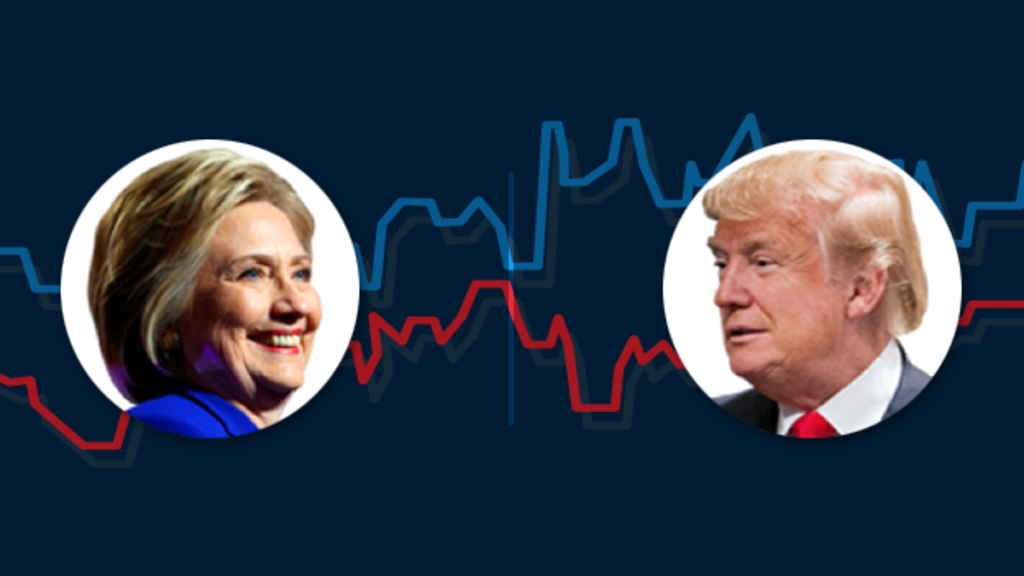
Though not mandatory, it has become customary for the US Presidential nominees of the two largest political parties — currently the Democratic and Republican parties — to face off against each other in a series of live debates. While the primary purpose is to convince undecided voters, hearing the candidate’s views on issues ranging from the US economy to foreign policy sometimes sways even staunch party supporters. Given that the nominees get just three chances to present their ideas, the discussions are often contentious. However, the arguments are usually restricted to differences in policies. But this time the rhetoric has been personal. Both Hillary Clinton and Donald Trump spent the first two debates talking more about each other’s character flaws than discussing America’s future. Last night was no different.
The third and final debate before the November 8 general elections started off well. The candidates spent the first half hour discussing their views on issues pertaining to the country, similar to how one might hear in any other election. Unfortunately, it did not last. Clinton fired the first salvo by talking about Trump’s reluctance to mention his favorite topic — the proposed border wall — when he met with Mexican President Enrique Peña Nieto on September 1. Trump took the bait. From their on, the Republican candidate did what he is well-known for – going off-topic and getting curt and defensive when confronted with tough questions. His already tarnished reputation among women was made worse when he repeatedly called Clinton "such a nasty woman."

But despite these missteps, experts believe that the Republican candidate would have emerged relatively unscathed had he not made one last comment. During the final few minutes of the debate, moderator Chris Wallace asked Trump if he would accept the election’s results, irrespective of who won. The candidate’s response, "I will look at it at the time," drew an immediate rebuke from his opponent and the ire of many voters. That’s because even in the closest of elections, no US Presidential hopeful has ever questioned the integrity of the democratic process. Needless to say, this is not how the Republican Party wanted their candidate to end the most crucial debate of the election.
Hillary Clinton was not perfect either. The Democratic candidate also evaded tough questions about her e-mail scandal as well as recently leaked news of mismanagement of funds in the Clinton Foundation. However, political pundits say between the two, Hillary was stronger, more poised, and more prepared to answer the questions presented to her. Trump’s election results statement put the final nail in the coffin, causing experts to almost unanimously agree that Clinton came out ahead. Informal polls set up by many newspapers indicate that US voters feel the same way.

Whether this will effect the Republican candidate’s bid for the US Presidency will be revealed when Americans go to the polls on November 8. But one thing is for sure: the 2016 election will go down as the strangest in the nation’s 240-year history.
Resources: NPR.org, cnn.com, wikipedia.org